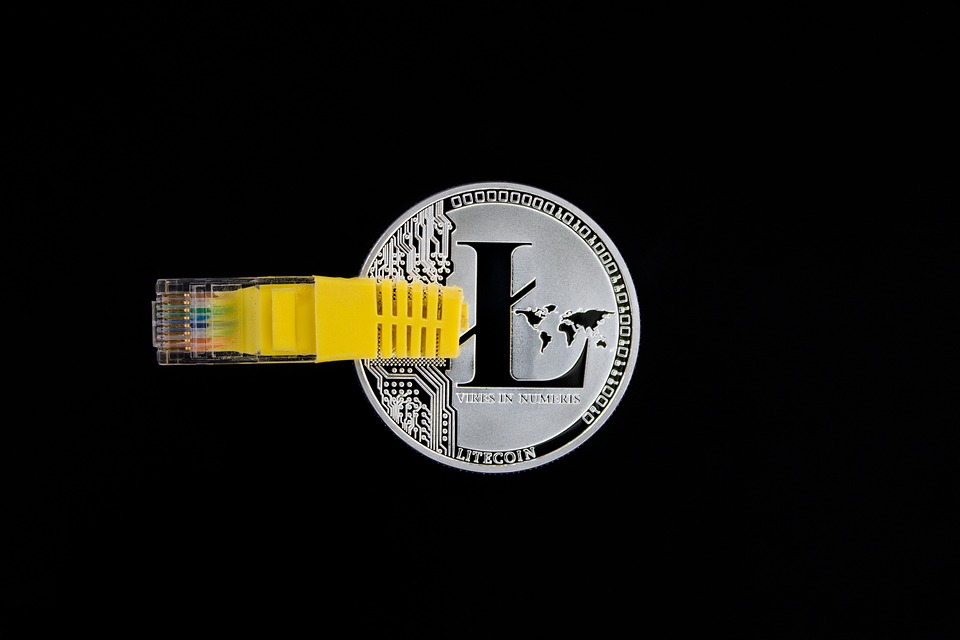[ad_1]
As the world of cryptocurrency continues to expand and evolve, one of the fundamental concepts that underpins many blockchain networks is the consensus mechanism known as Proof of Work (PoW). In this article, we will explore the pros and cons of Proof of Work in cryptocurrency mining, delving into its advantages, disadvantages, and the implications it has on the wider ecosystem.
Introduction
Proof of Work is a computational process that requires participants, known as miners, to solve complex mathematical problems in order to validate transactions and create new blocks in the blockchain. This process is energy-intensive and requires significant computational power, but it has been the cornerstone of many successful cryptocurrencies, including Bitcoin.
The Pros of Proof of Work
1. Security
One of the main advantages of Proof of Work is its robust security features. The computational work required to solve complex cryptographic puzzles makes it extremely difficult for malicious actors to manipulate the blockchain. This level of security is crucial in ensuring the integrity of the network and protecting against fraudulent activities.
2. Decentralization
Proof of Work promotes decentralization by allowing anyone with the necessary hardware and software to participate in the mining process. This decentralized approach ensures that no single entity has control over the network, preventing centralization of power and promoting a more democratic system.
3. Incentivization
Mining in a Proof of Work system provides miners with a financial incentive to validate transactions and secure the network. By solving complex puzzles and creating new blocks, miners are rewarded with cryptocurrency rewards, such as Bitcoin. This incentivization model encourages participation and contributes to the overall health of the ecosystem.
The Cons of Proof of Work
1. Energy Consumption
One of the biggest criticisms of Proof of Work is its high energy consumption. The computational power required to solve cryptographic puzzles and mine new blocks consumes a significant amount of electricity, leading to concerns about its environmental impact. Critics argue that the energy-intensive nature of PoW is unsustainable in the long run.
2. Centralization of Mining Power
Despite its goal of promoting decentralization, Proof of Work has led to the centralization of mining power in the hands of a few large mining pools. These pools combine their computational resources to increase their chances of solving blocks and earning rewards, giving them disproportionate influence over the network. This concentration of power goes against the ethos of decentralization.
3. Scalability Issues
Proof of Work can face scalability challenges as the network grows and more transactions need to be processed. The computational complexity of PoW can lead to slower transaction times and higher fees, making it less suitable for high-volume networks. This scalability issue has prompted the exploration of alternative consensus mechanisms that can address this limitation.
FAQs
What is the role of miners in a Proof of Work system?
Miners play a crucial role in validating transactions, creating new blocks, and securing the blockchain network. They use their computational power to solve complex mathematical problems and compete to be the first to add a new block to the blockchain. In return, they are rewarded with cryptocurrency rewards.
How does Proof of Work differ from Proof of Stake?
Proof of Work and Proof of Stake are two different consensus mechanisms used in blockchain networks. While PoW requires miners to perform computational work to validate transactions, PoS relies on participants who hold a certain amount of cryptocurrency to validate transactions. PoS is considered to be more energy-efficient and scalable compared to PoW.
Conclusion
In conclusion, Proof of Work has its strengths and weaknesses in the world of cryptocurrency mining. While it offers robust security, decentralization, and incentivization, it also faces challenges such as high energy consumption, centralization of mining power, and scalability issues. As the blockchain ecosystem continues to evolve, it is essential to weigh these pros and cons carefully and explore alternative consensus mechanisms that can address the limitations of Proof of Work. By understanding the implications of PoW, we can strive towards a more efficient, sustainable, and secure cryptocurrency ecosystem.
[ad_2]


